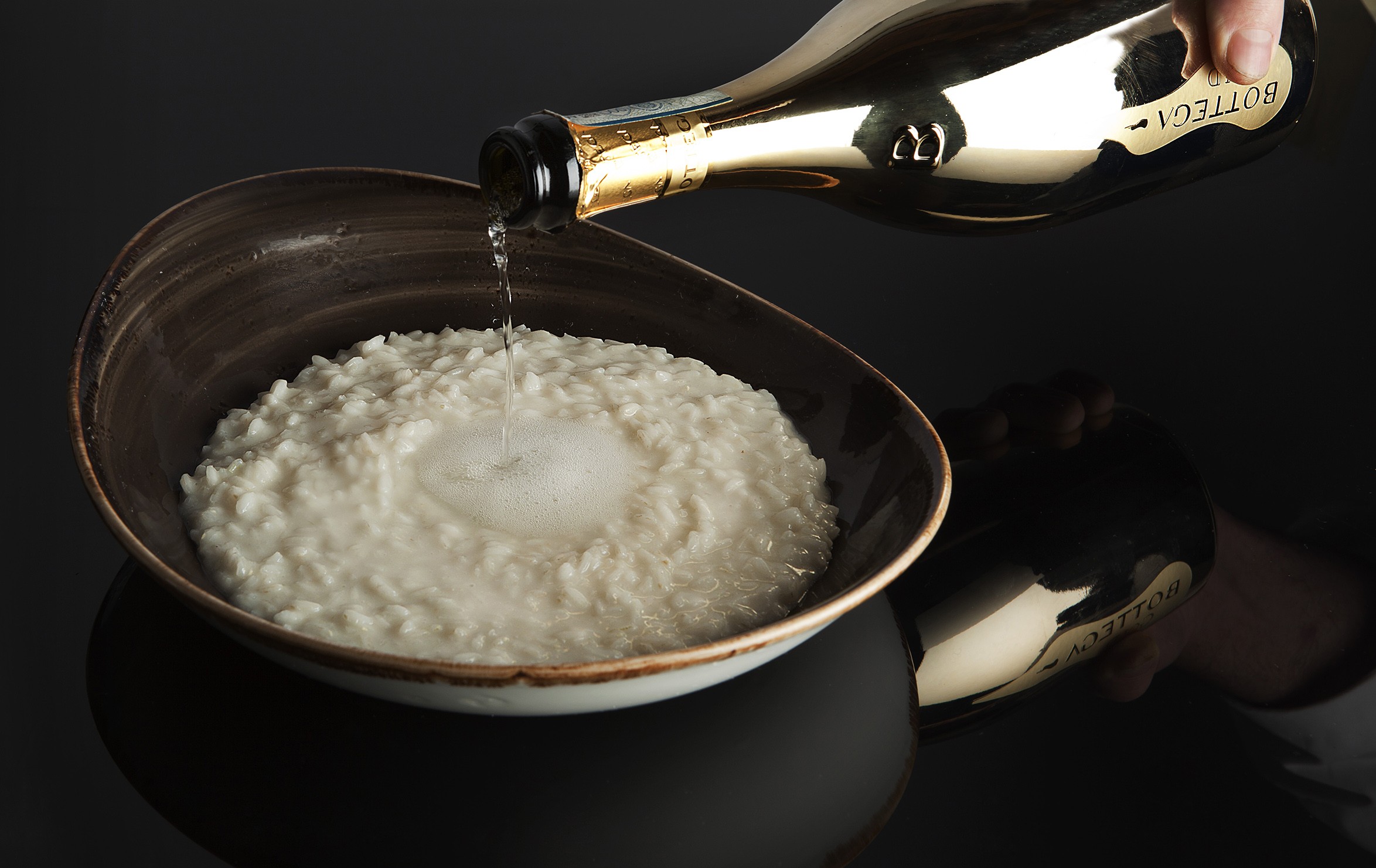How Alaska’s new regulations will help small brewers
New Alaska alcohol regulations, developed to level the playing field for local brewers, means big beer will be given restrictions from entering into exclusive deals with bars and stores.

The regulations, which originate from Senate Bill 9, will bring Alaska into compliance with federal laws, but could be used as a structure for other countries and regions looking to mirror a model that doesn’t squeeze smaller brewers out of the market.
According to local reports, Alaska brewers have said that the law is coming into force because industry heavyweights with deep pockets have historically had an unfair advantage because they could give bar owners expensive new draught beer kit for free with the caveat that only their beers are sold on tap, essentially tying up all of the lines, a move also being seen across Britain.
Similarly, retailers could get free prizes and inducements that required them to put certain products in their refrigerators or on prominent shelves, pushing out smaller breweries entirely.
Lee Ellis, head of the Brewers Guild of Alaska and owner of Midnight Sun Brewing Co said that, because of this, smaller independent brewers had always found it difficult to get their beers on barroom taps or in “prime real estate” in stores.
Ellis explained: “I think it’s actually been one of the biggest inhibitors to the growth of our industry” and described how the lack of trade-practices laws have affected the craft beer sector as a whole.
Partner Content
According to Ellis, the changes proposed in the 15-page regulation package are “a big deal” to increase competition for Alaska’s craft beer industry. The move could, easily, be replicated in other regions and countries.
The changes now state that bars could no longer receive free draught beer systems from manufacturers and wholesalers, but they could still get them cleaned for free. Additionally, retailers would be restricted to accepting free prizes up to US$400 for contests, and there would be similar restrictions on promotional displays and stores would be prohibited from signing exclusive agreements with one manufacturer for shelf space or presentation of products.
Federal trade-practices laws apply to wines and spirits, but, in the US, all states are obligated to write their own regulations for beer sales.
Joan Wilson, executive director of the Alaska Alcohol & Marijuana Control Office, said that the new rules would be “pretty major” but had been designed to ensure competition and “a proper business relationship” between retailers and manufacturers.
According to reports, in past across the US, drinks industry giants have paid substantial settlements for alleged violations of federal trade-practices laws nationally. For instance, AB InBev reportedly agreed to pay US$5 million in 2020 to settle a complaint for how distributors allegedly sold beer at sporting events in Colorado. Similarly, Heineken allegedly paid a US$2.5 million settlement in 2019 after being accused of trade-practices violations in Florida.
The newly-proposed regulations are posted online via the state of Alaska’s public notices page and the regulations will be open for public comment until 4.30p.m on 26 January 2024. The Alcoholic Beverage Control Board will then meet and discuss the regulations the following week.
Related news
Northern Monk to raffle 15 litre Nebuchadnezzar of imperial stout




